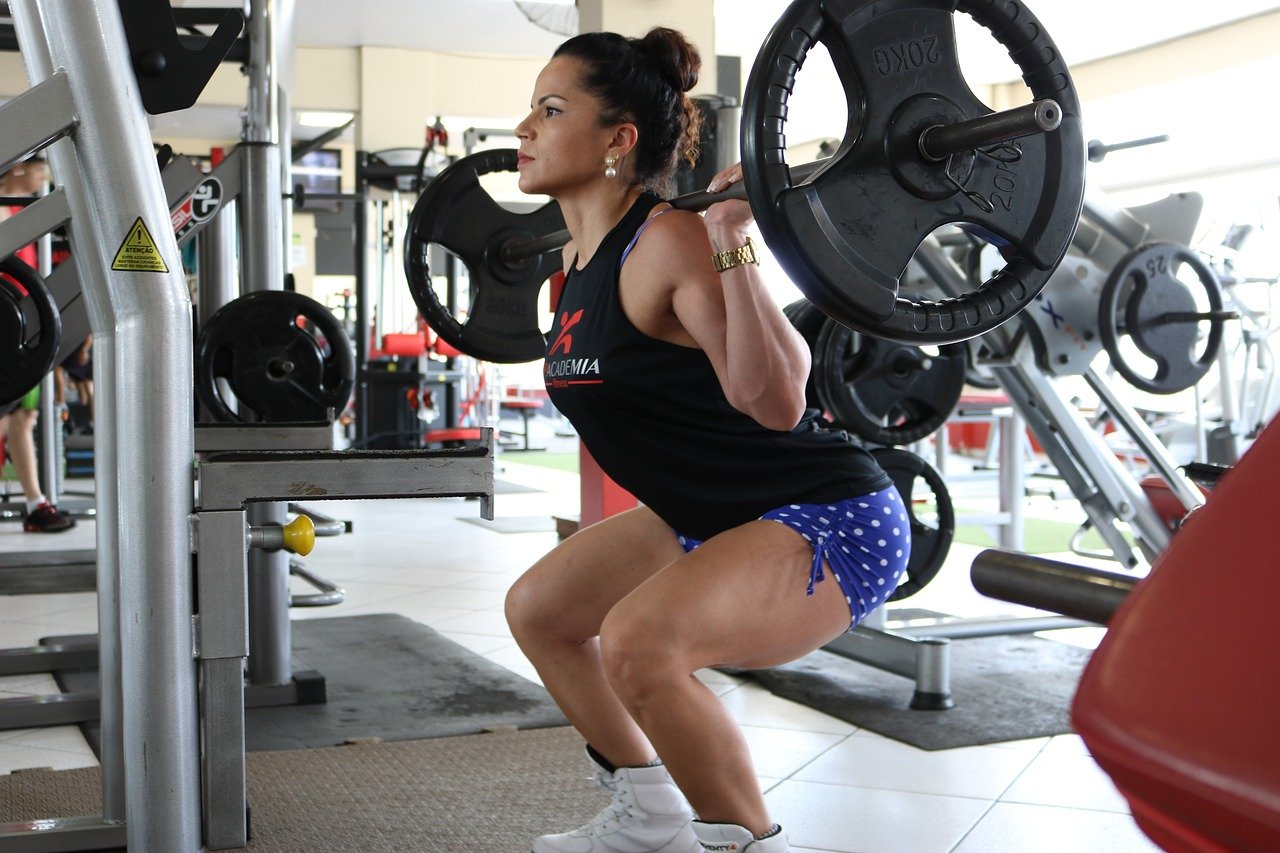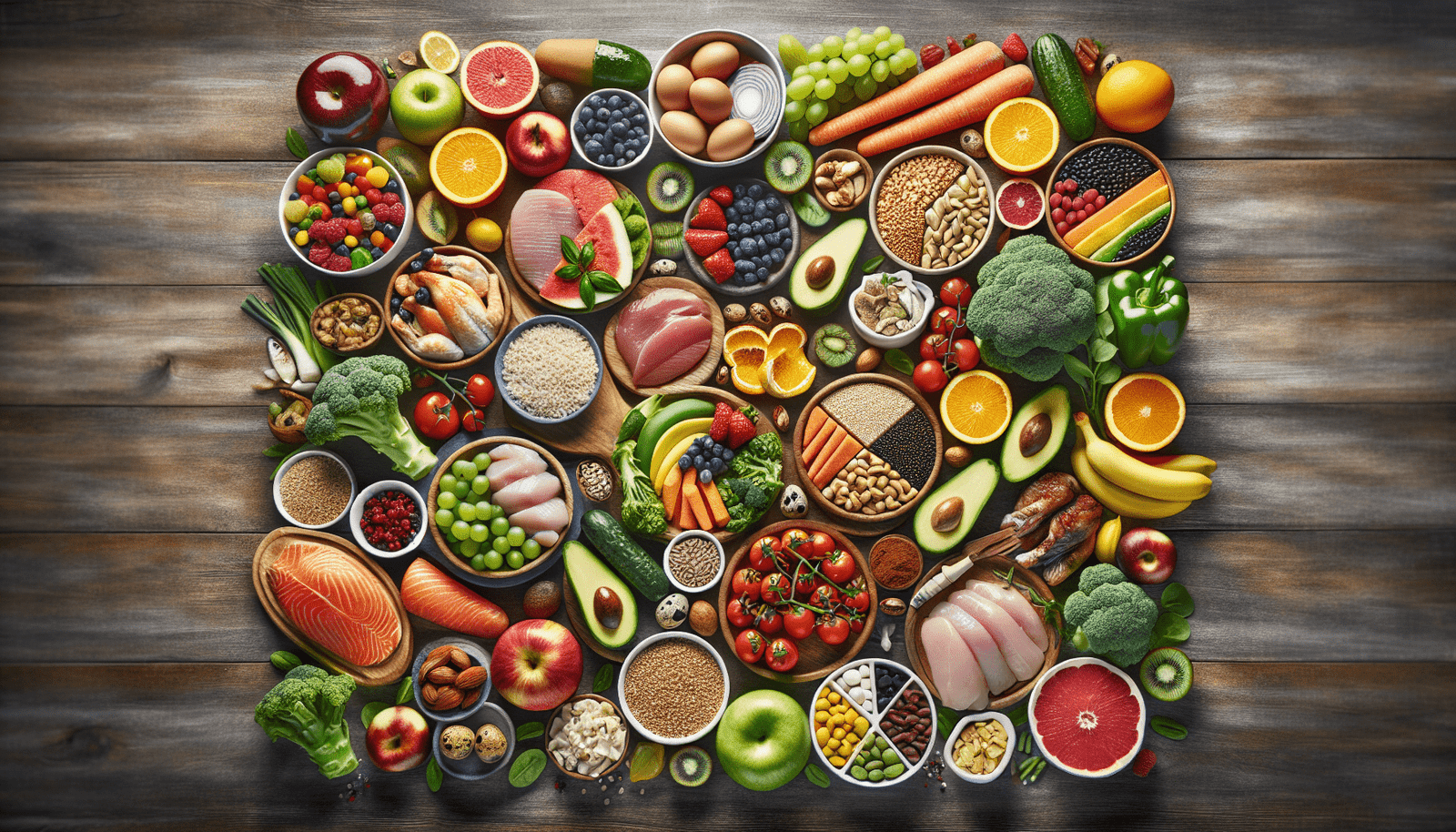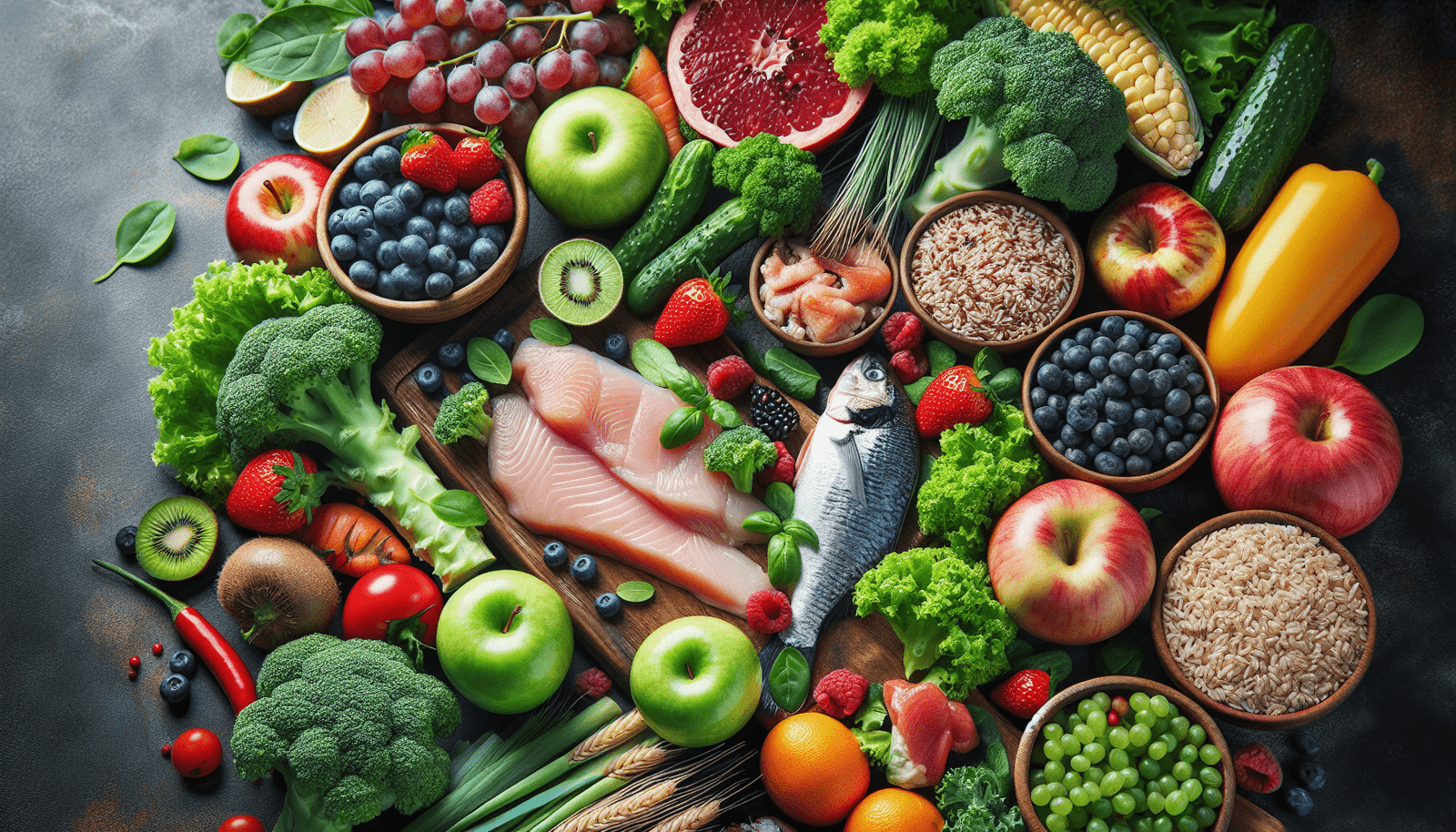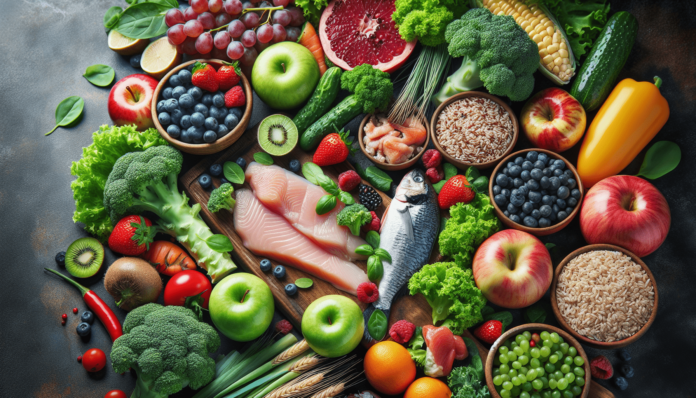Welcome to the world of meal plans for muscle gain! If you’re looking to bulk up and build strength, having a well-rounded and nutritious meal plan is essential. From incorporating lean proteins and complex carbohydrates to ensuring you’re getting enough calories to fuel your workouts, a thorough meal plan can make all the difference in reaching your fitness goals. Get ready to elevate your muscle-building journey with these expertly crafted meal plans designed to help you achieve optimal results. It’s time to fuel your body and crush those gains! Have you been trying to pack on muscle but find yourself struggling to see any progress? Are you hitting the gym regularly but not seeing the results you desire? The key to building muscle is not only through exercise but also through proper nutrition. In this article, we will discuss meal plans for muscle gain that can help you reach your goals and see the gains you’ve been working so hard for. So, grab a snack, sit back, and let’s dive into the world of muscle-building nutrition together!

Understanding Muscle Gain
Before we dive into specific meal plans, it’s crucial to understand how muscle gain works. When you engage in resistance training, whether using weights or bodyweight exercises, you create tiny tears in your muscle fibers. As your body repairs these tears, your muscles grow larger and stronger. This process requires an adequate amount of protein, healthy fats, and carbohydrates to support muscle growth.
Protein
Protein is crucial for building and repairing muscle tissue. It is made up of amino acids, which are the building blocks of muscle. When you consume protein, your body breaks it down into amino acids to repair and build new muscle tissue. Aim to include high-quality sources of protein in every meal, such as lean meats, poultry, fish, eggs, dairy products, legumes, and plant-based sources like tofu and tempeh.
Carbohydrates
Carbohydrates are your body’s primary source of energy, especially during intense workouts. They replenish glycogen stores in your muscles, providing fuel for exercise and helping you recover after a workout. Include complex carbohydrates like whole grains, fruits, vegetables, and legumes in your meals to fuel your workouts and support muscle growth.
Fats
Healthy fats play a crucial role in hormone production, including testosterone, which is essential for muscle growth. Incorporate sources of healthy fats like avocados, nuts, seeds, olive oil, and fatty fish into your meals to support overall health and muscle gain.
Calculating Your Macros
Understanding your macronutrient needs is essential for creating an effective meal plan for muscle gain. Macronutrients, or macros, are the three main components of food: protein, carbohydrates, and fats. To optimize muscle growth, you need to calculate the right balance of macros based on your goals, activity level, and body composition.
Protein Intake
To support muscle growth, aim to consume around 1.2 to 2.2 grams of protein per kilogram of body weight per day. If you are involved in intense strength training or bodybuilding, aim for the higher end of this range to ensure you have enough protein to repair and build muscle tissue.
Carbohydrate Intake
Carbohydrate needs vary depending on your activity level and goals. If you are engaging in high-intensity workouts or looking to gain muscle mass, you may need to consume more carbohydrates to support your energy needs. Aim to get around 45% to 65% of your daily calories from carbohydrates.
Fat Intake
While fats are essential for overall health and hormone production, they are also calorie-dense, so it’s essential to consume them in moderation. Aim to get around 20% to 35% of your daily calories from healthy fats to support muscle growth and overall health.

Sample Meal Plan for Muscle Gain
Now that you understand the basics of muscle gain and how to calculate your macros, let’s dive into a sample meal plan that can help you reach your muscle-building goals. This meal plan is just a starting point and can be adjusted based on your individual needs and preferences.
Breakfast
- 3 whole eggs
- 1 cup of oatmeal with sliced banana
- 1 tablespoon of almond butter
Mid-Morning Snack
- Greek yogurt with mixed berries and a sprinkle of chia seeds
Lunch
- Grilled chicken breast with quinoa and roasted vegetables
Afternoon Snack
- Protein shake with whey protein, almond milk, and a handful of almonds
Dinner
- Baked salmon with sweet potato and steamed broccoli
Evening Snack
- Cottage cheese with sliced pineapple
Hydration
It’s essential to stay hydrated throughout the day, especially if you are engaging in intense workouts. Aim to drink at least 8-10 cups of water per day to support digestion, nutrient absorption, and muscle recovery.

Adjusting Your Meal Plan
While the sample meal plan above can provide a good starting point, it’s crucial to adjust your meal plan based on your individual needs, preferences, and activity level. Here are some tips for adjusting your meal plan for optimal muscle gain:
Listen to Your Body
Pay attention to how your body responds to different types of food and adjust your meal plan accordingly. If you notice that certain foods make you feel bloated or sluggish, consider swapping them out for more digestible options.
Track Your Progress
Keep track of your progress by monitoring your strength gains, body composition changes, and energy levels. If you are not seeing the results you desire, consider adjusting your macros or meal timing to better support your muscle-building goals.
Meal Timing
Timing your meals around your workouts can also impact your muscle gain. Aim to consume protein and carbohydrates before and after your workouts to support muscle recovery and growth. Pre-workout meals should be higher in carbohydrates for energy, while post-workout meals should include protein for muscle repair.

Supplements for Muscle Gain
While whole foods should be your primary source of nutrition, supplements can be beneficial for filling in any nutrient gaps or enhancing muscle growth. Here are some supplements that may support muscle gain:
Whey Protein
Whey protein is a quick and convenient source of protein that can be easily added to shakes, smoothies, or oats. It is rich in essential amino acids, making it ideal for post-workout recovery and muscle building.
Creatine
Creatine is a natural compound that helps to regenerate ATP, the primary source of energy for high-intensity exercise. It can improve strength, muscle size, and performance in resistance training.
BCAAs
Branch-chain amino acids (BCAAs) are essential amino acids that can support muscle recovery and growth, especially during and after intense workouts. They can be consumed before, during, or after your workouts to support muscle protein synthesis.

Conclusion
Building muscle is a combination of consistent training, proper nutrition, and adequate recovery. By following a well-balanced meal plan that supports muscle growth and adjusting it based on your individual needs, you can see significant gains in strength and muscle mass. Remember to listen to your body, track your progress, and make adjustments as needed to achieve your muscle-building goals. With dedication, hard work, and the right nutrition, you can reach your goals and see the gains you’ve been working towards. Keep fueling your body with the nutrients it needs and watch your muscles grow stronger every day. Cheers to your muscle gain journey!





